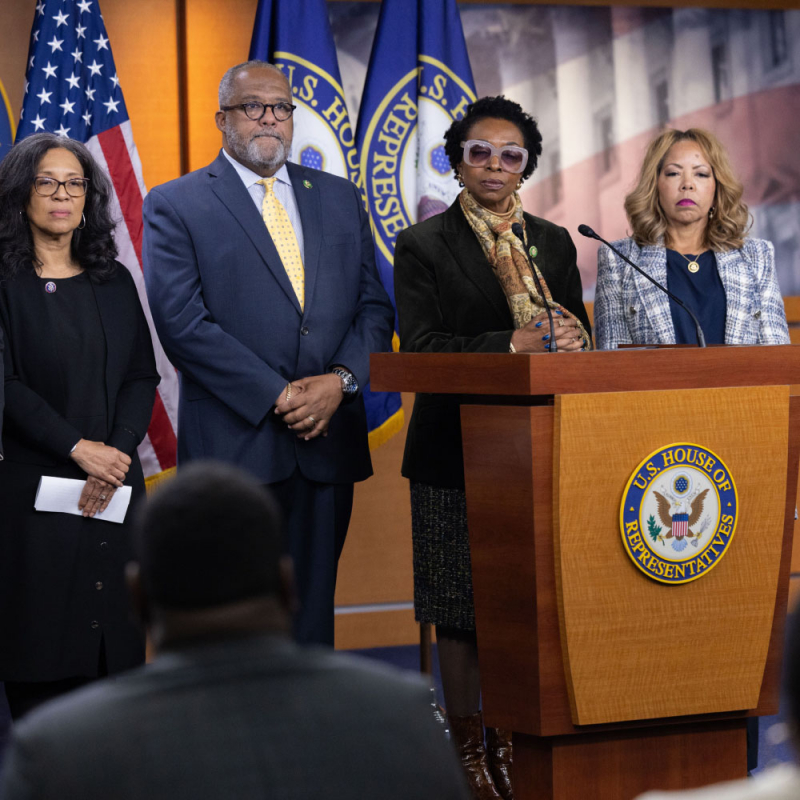WASHINGTON – Today, the Black Economic Alliance (BEA), a nonpartisan group of Black executives and business leaders, published a detailed proposal outlining five key initiatives to help Black businesses, workers, universities, and cultural institutions in this time of crisis.
David Clunie, Executive Director of the Black Economic Alliance, issued the following statement ahead of the release of the recommendations:
“Black Americans are feeling the most severe economic and health impacts from the coronavirus pandemic, but are simultaneously failing to gain access to the relief deployed by the federal government. Congress must counteract this reality by prescribing targeted solutions to overcome the persistent lack of access to financial resources for Black people and institutions in America.
“Congress can determine the fate of millions of small businesses, universities, and cultural institutions in the next round of stimulus funding. They must prioritize support for minority-owned businesses and ensure that Black workers and students have the resources they need to survive this pandemic.
“Black business, educational, and cultural institutions play a vital role in the American economy. But, historically, they have not received the full support of the federal government – in good times or bad. With a coordinated public and private response, we can ensure that the Black community plays an integral role in advancing the entire U.S. economy through this crisis.”
Find the full set of recommendations here and the five key initiatives below:
Support Small Black Businesses
- Allocate 35% of Small Business Administration funds to community development financial institutions (CDFIs) and minority financial institutions.
- Incent banks to distribute stimulus funds in opportunity zones by doubling their processing fees for those target areas.
- Market the program through Black media outlets.
- Only 78 of 950 CDFIs are participating in PPP. Many CDFIs, credit unions, and community lenders could not obtain the necessary SBA credentials and submit their applications as quickly as banks that already participate in SBA programs. Finastra, a financial technology company owned by Vista Equity partners, automates branch banking services and has offered to provide CDFIs and minority banking institutions with software that is already integrated into the SBA application portal.
- Make space available in public facilities, including post offices and DMVs, to process applications for banks that need community proximity in underserved locations.
Nutrition and the Unbanked
- Increase the Supplemental Nutrition Assistance Program (SNAP) maximum allotment, Thrifty Food Plan (TFP), by 15% and remove restrictions on online and hot food orders. Suspend SNAP’s three-month time limit for unemployed adults.
- EBT cards are used to distribute SNAP benefits and could be used to distribute personal stimulus payments for the unbanked.
Historically Black Colleges and Universities
- Fund shared infrastructure for distance learning for HBCUs and other minority serving institutions.
Black Financial Firms
- Include diverse broker-dealers in the Federal Reserve credit stabilization programs.
- Include diverse asset managers in Treasury’s relief facilities.
Black Cultural Institutions
- Major Black cultural institutions should receive funding at the same level as the Kennedy Center, which received $25 million.


